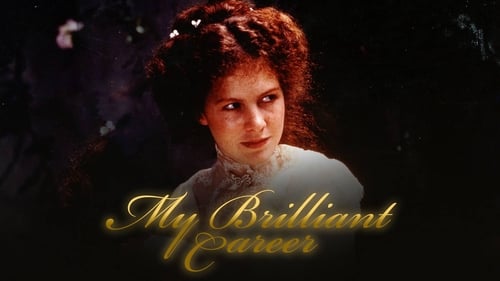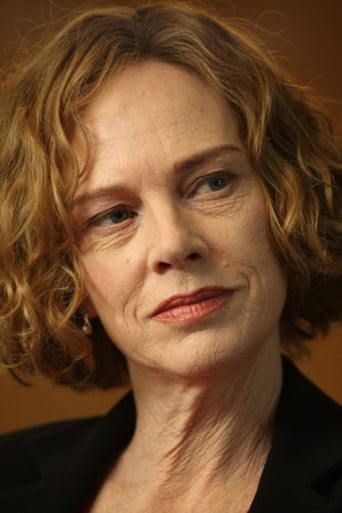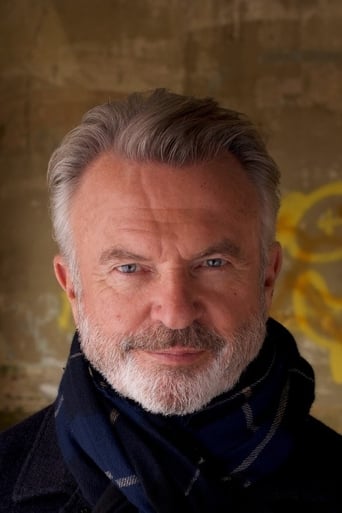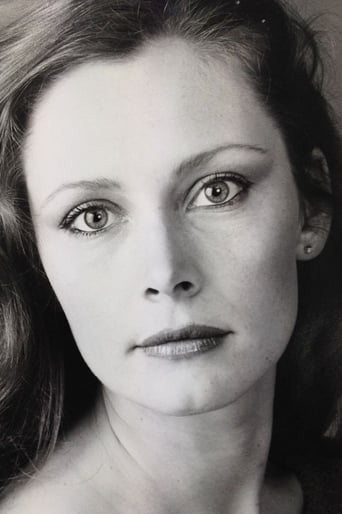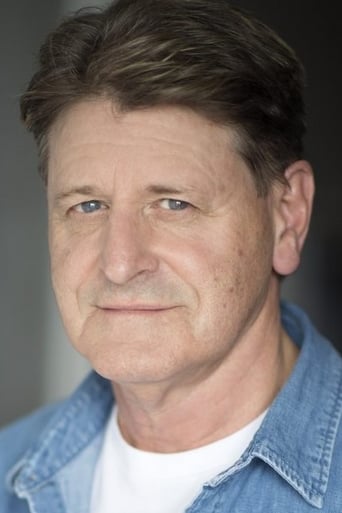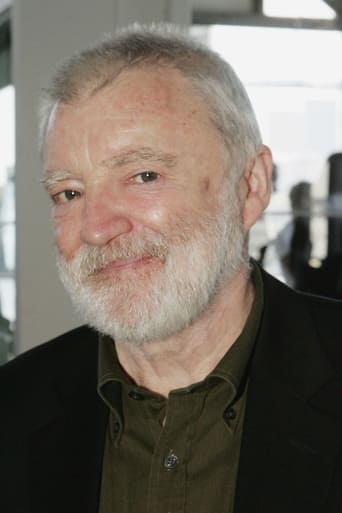Diagonaldi
Very well executed
Neive Bellamy
Excellent and certainly provocative... If nothing else, the film is a real conversation starter.
Sienna-Rose Mclaughlin
The movie really just wants to entertain people.
MartinHafer
Sybylla Melvyn (Judy Davis) is a very odd woman who just doesn't fit in to the times in which she lives. The film is set in Australia around 1890 and Sybylla has all sorts of very modern feminist notions...which weren't exactly practical or expected back in the day. Unlike the average lady who was looking to snag a good husband, Sybylla wants to be independent...to write and see the world. But she isn't rich nor is she particularly attractive and her family urges her to accept the marriage offers she's received. She, on the other hand, doesn't mind telling these men 'no'. What's to become of Sybylla and her notions of life?This is a lovely film to look at with the lovely costumes and outdoor settings. However, it's also a bit slower paced and deliberate than many films...so you might want to consider this when you think about watching the movie. It also is quite melancholy and if you expect a nice, happy ending...you'll likely be disappointed. Still, I enjoyed the film and its message of a woman desperately wanting more out of life is striking to watch.
romanorum1
The movie is based upon the 1901 self-published novel by Australian writer Miles Franklin. It tells the story of a freedom-loving woman who eschews the traditions of the past by forgoing marriage for a career. Sybylla Melvyn (Judy Davis) lives a dreary existence with her impoverished farming family in rural Possum Gully in New South Wales, Australia in 1897. As Sybylla's mother (Julia Blake) can no longer support her, she finds for her daughter a position as a general servant. "Servant?" exclaims the spirited Sybylla, rejecting the idea. Later that evening the mother complains to the father (Alan Hopgood), "Useless, plain, and Godless." Sybylla tells her attractive sister Gertie (Marion Shad) about her hopes and dreams of being an accomplished writer. So it comes as a relief for Sybylla when her well-to-do Grandmother Bossier (Aileen Broton) agrees to take her in at more comfortable Caddagat. Aunt Helen (Wendy Hughes) becomes Sybylla's temporary confidante. Helped by the servant Ethel, beauty treatments give plain-looking Sybylla some confidence. But like her parents, Sybylla's grandma and aunt expect her to follow matrimonial tradition. While recovering from a cold, Sybylla tells them that she wants a career in literature or art or music, and has no intention of marriage. One day while blossom-picking, she meets charming bachelor Harry Beecham (Sam Neill). Over time Sybylla rejects several proposals, including those of Harry. Her grandmother advises her that marriage for love is less important than marriage for money. Furthermore, says the grandma, a woman receives "respectability" upon matrimony. At a lively shindig at Five Bob Downs Sybylla does take exception to the attraction that other young ladies have for Harry. After the ball, Aunt Gussie tells Sybylla that "Loneliness is a terrible price to pay for independence." Of course, Sybylla remembers that her own mother had married for love and ended up in a tedious existence. And Sybylla has no liking for arranged marriages. Meanwhile Sybylla's dad has gotten further into financial difficulty with a chap named McSwatt. Grandma tells Sybylla that she would be accepted as governess to McSwatt's children to pay the interest on the 500 pounds that dad owes. The McSwatt kids are dirty-faced and boisterous, but Sybylla shows patience, and is not afraid to use the rod. Her job eventually ended – actually cut short – she returns home to Possum Gully. After regaining some of his family's monetary losses, Harry Beecham shows up and again proposes marriage. The intractable Sybylla again delays matters even though Harry seems to be a good match, a man who will not squelch her strong-willed nature. In the last scene, Sybylla mails a large manuscript to Blackwoods Publishers of Edinburgh, Scotland. The closing caption reads "'My Brilliant Career' was published in 1901." Directed by a woman, Gillian Armstrong, the movie is well-filmed among the natural countryside of meadows, lakes, and hillsides of New South Wales. It presents appropriate period costumes and hair styles that evoke well the dawn of the twentieth century.
nazia000777
Drought and a series of poor business decisions reduce her family to subsistence level, her father begins to drink excessively, and Sybylla struggles to deal with the monotony of her life. To her relief, she is sent to live on her grandmother's property, where life is more comfortable. There she meets wealthy young Harry Beecham, who loves her and proposes marriage; convinced of her ugliness and aware of her tomboyish ways, Sybylla is unable to believe that he could really love her. By this time, her father's drinking has got the family into debt, and she is sent to work as governess/housekeeper for the family of an almost illiterate neighbour to whom her father owes money. She finds life there unbearable and eventually suffers a physical breakdown which leads to her return to the family home. so i am very much inspired from this muvie so that i got my career through thishttp://www.pakistanjobs.pk/
wheresmyoj
If not to see a young Sam Niel or for the gorgeous landscapes of Australia that set the film, see this movie for an interesting viewpoint on feminism and the outback all in one. The main character, Sybylla, is constantly insulted by her alleged friends and family, though they don't intend it directly. Her character's flaky-ness doesn't help her plight as a female in a society hell-bent on marrying her off, but the character's story is worth renting this for.


